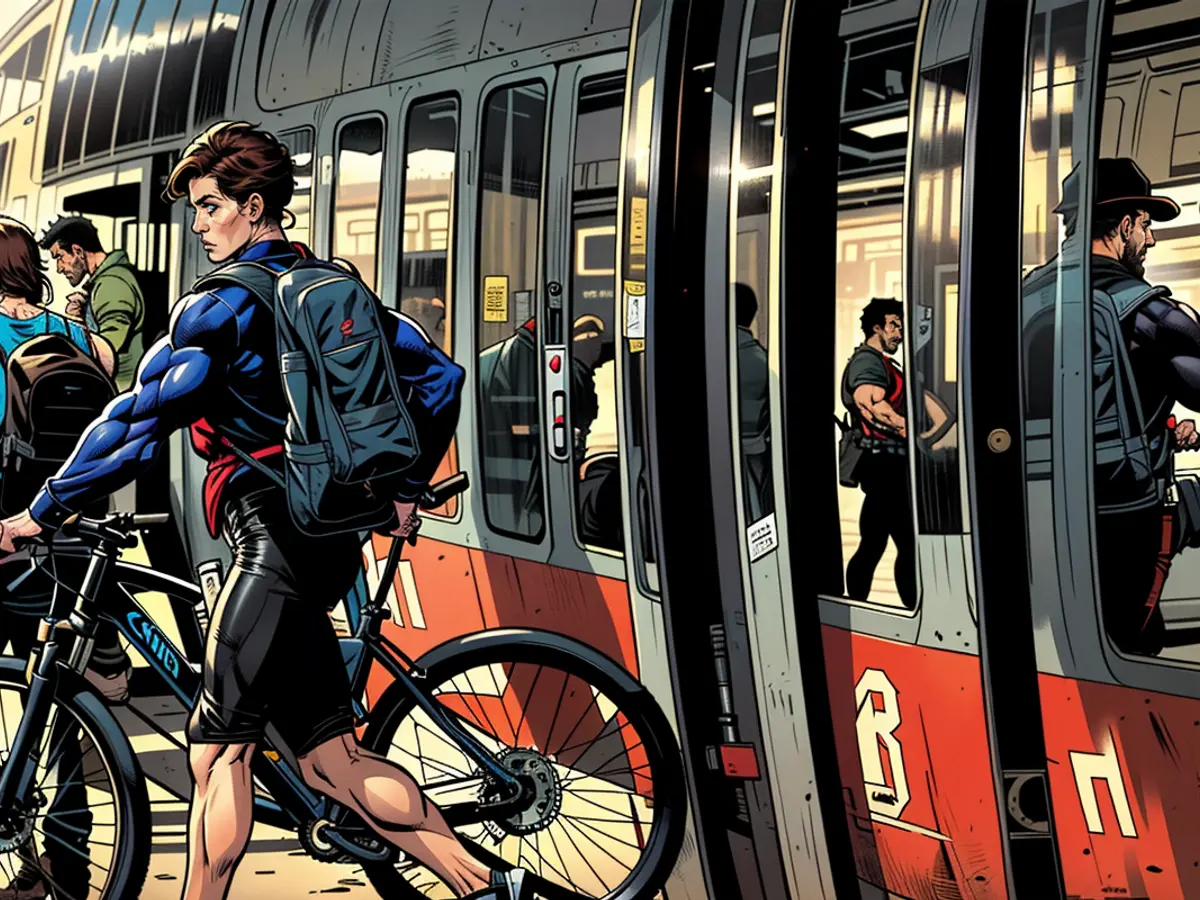- Train fare of 9 euros led to increased train disruptions
Financial analysts have their reservations about the impact of the 9-Euro-Ticket and the Germany ticket. A study conducted by the Ifo Institute in partnership with the universities of Erlangen-Nuremberg and Salzburg suggests that the 9-Euro-Ticket, in effect from June to August 2022, decimated car traffic by 4 to 5 percent. This, however, resulted in a substantial 30 percent increase in train delays due to the surge in train usage.
This predominantly impacted regional traffic, with long-distance trains experiencing indirect fallout. Approximately 430,000 more individuals hopped on trains daily with the 9-Euro-Ticket. The use of trains was notably higher on weekends. As Professor Mario Liebensteiner from Nuremberg puts it, "The decrease in car traffic during rush hours on weekdays was minimal." His colleague Sarah Necker concurs, "The 9-Euro-Ticket set the German government back 2.5 billion euros, offering only a slight reduction in car traffic. Consequently, it was an expensive and ineffective green initiative."
The researchers predict that the Germany ticket could produce a comparatively impartially less impactful effect than the 9-Euro-Ticket. It benefits frequent users of local public transportation who now pay less for it.
The financial analysts' reservations about the impact of the 9-Euro-Ticket extend to the proposed Germany ticket as well. According to the study, the Germany ticket, if implemented, might have a comparatively less impactful effect than the 9-Euro-Ticket due to its focus on frequent local public transportation users.








